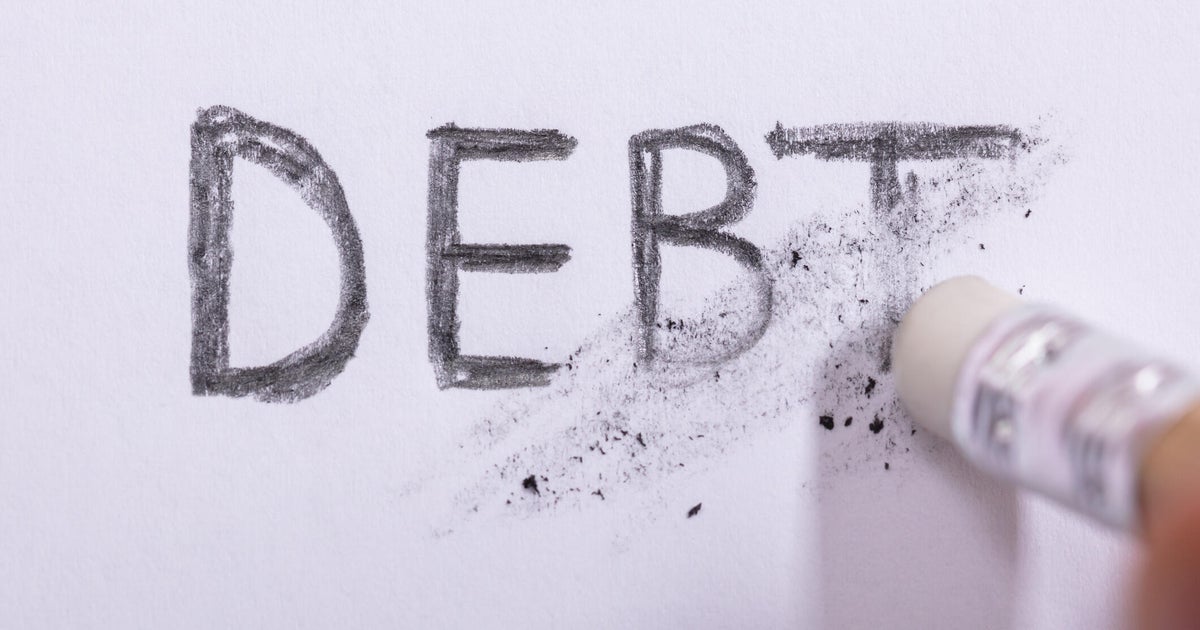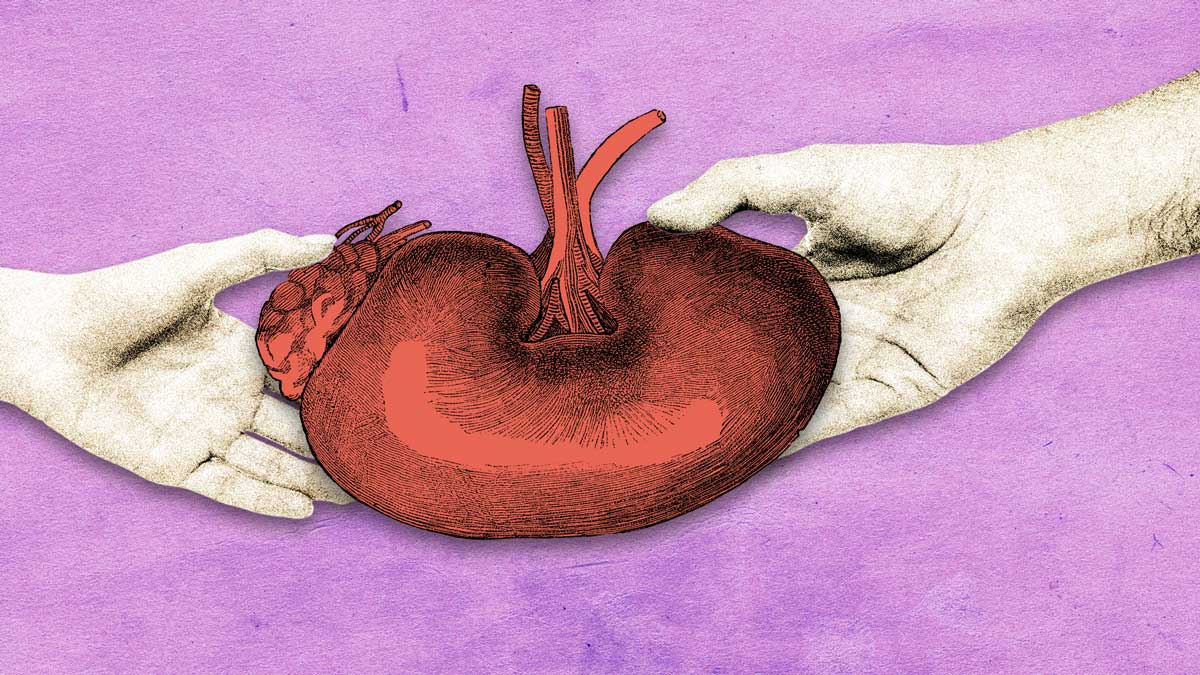Red Cross offers Amazon gift cards to blood donors
The American Red Cross is calling on people of all blood types to donate the vital fluid, which is now in dangerously short supply. In fact, it's saying it'll give a $5 Amazon gift card to those who do so in the next 30 days.
"Type O in particular is critically needed right now to replenish the blood supply," the nonprofit organization said, referring to the universal blood type that emergency workers reach for when they don't have time to figure a patient's blood type. Type O positive is the most common blood type and can be tranfused to patients of any blood type containing a protein that makes them Rh-positive.
"Blood donations are currently being distributed to hospitals faster than donations are coming in -- we need both new and current blood donors to make an appointment as soon as possible to help patients battling illness and injury," Chris Hrouda, president of Red Cross Blood Services, said in a news release outlining its urgent request.
Unlike many other medical treatments, blood can't be manufactured and stockpiled because red blood cells have a shelf-life of 42 days, and platelets -- a type of cell that helps stop bleeding -- are good for five days, Hrouda noted.
The summer months are often a difficult time to collect enough blood to meet the nation's needs. That's because high schools and college blood drives account for as much as 20 percent of donations during the school year, the organization said.
Those eligible to donate blood include anyone 17 years and older, weighing at least 110 pounds and in generally good health. Individuals can use the free Red Cross Blood Donor App, visit RedCrossBlood.org or call 1-800-REDCROSS (1-800-733-2767).
Those donating between July 30 and Aug. 30 will be sent a $5 Amazon gift card via email.
The Red Cross isn't alone in offering a promotion to entice donations. A regional nonprofit called Blood Assurance has several summer offers going, including a monthly giveaway for a Yeti cooler.
The Food and Drug Administration requires blood from paid donors to be labeled as such, and most hospitals won't not use it on ethical grounds. Another concern is that if people are paid for their blood, they might not be honest about their medical histories.
Still, while some evidence shows that offering people money for plasma or other body liquids might cause them to be less than honest, research published in 2013 found rewards such as gift cards or T-shirts almost always boosted donations, yet didn't harm blood safety.
Plasma donation -- in which blood is drawn, the plasma separated out and the blood cells and other components are put back into you -- is often paid for because the FDA doesn't require paid plasma to be labeled, given that it doesn't go straight into another human being.



